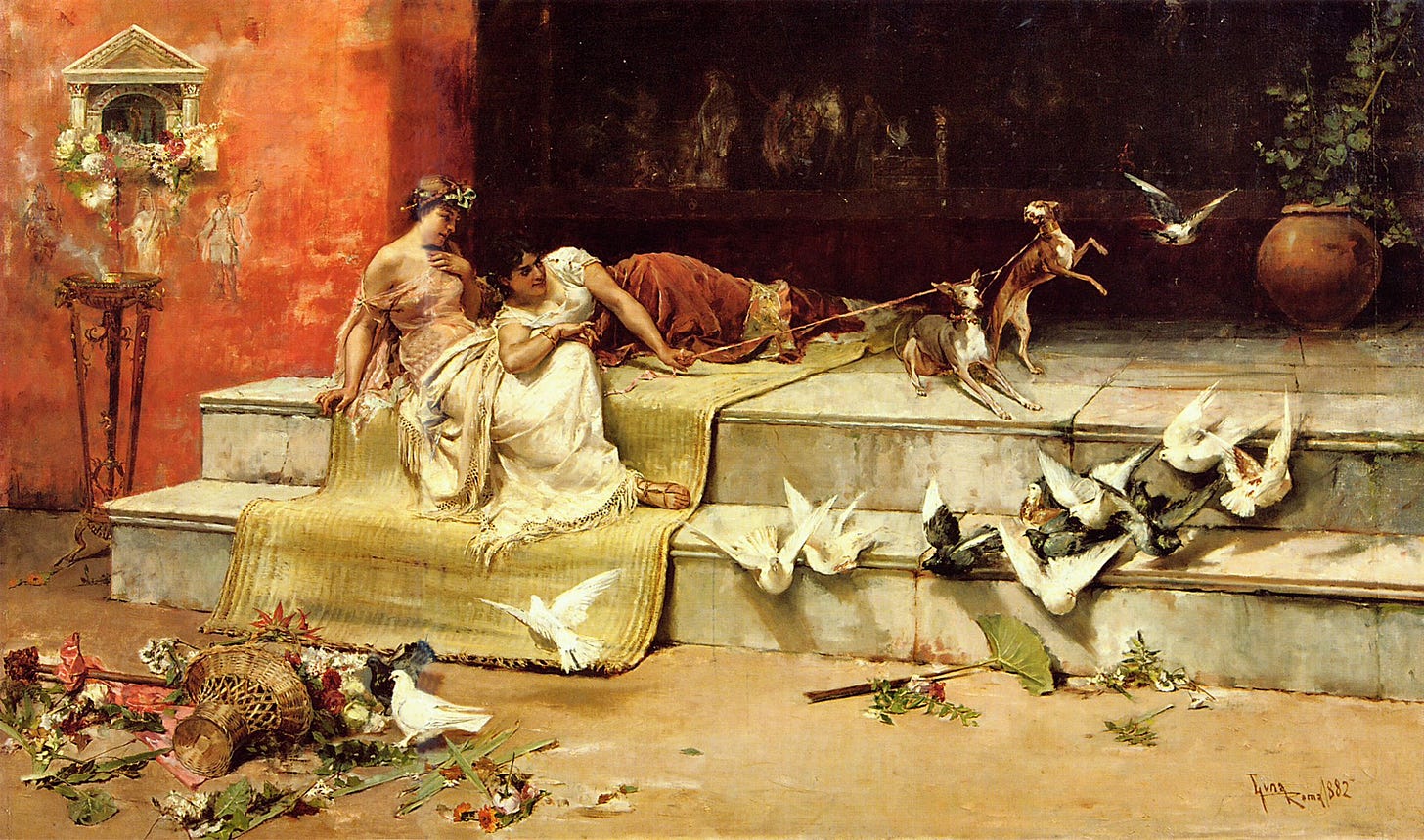Many individuals grapple with the notion that to be spiritually evolved or to connect deeply with others, they must present an idealized version of themselves—flawless, composed, and unwavering. This pressure can create feelings of inadequacy and isolation, as few can maintain such a facade consistently. In reality, this pursuit of perfection can distance us from authentic connection. Weirdly enough, true deep connection between people does not come from some high ideal of trying to act like Christ, but about accepting each other’s struggles and imperfections. It is by embracing our imperfections, that this opens the door to authenticity. When we acknowledge our vulnerabilities and struggles, we create a safe space for others to do the same. This genuine sharing fosters trust and allows for deeper connections.
Becoming Fully Human
By becoming fully human, with all our flaws and struggles, and being able to be present for that with a sense of self-acceptance, we cultivate that same acceptance towards others. When we accept ourselves as we are, we become more capable of accepting others in their entirety. This mutual acceptance is the foundation of healing and connection. A critical component of this journey is compassion. Acknowledging our own vulnerabilities allows us to empathize with others’ pain. I want you to remember “It is okay that they can’t be present perfectly. As I cannot either.” This shared understanding nurtures compassion, which is a central tenet of Christ-like qualities, thus enabling us to support others without judgment. When we allow ourselves to be imperfect, we open our hearts to the struggles of others.
This fosters a sense of solidarity, transforming our relationships into spaces of healing and mutual support. And embracing imperfection cultivates humility. Recognizing that none of us can achieve perfection reminds us that we are all on a journey of growth. This humility aligns with the teachings of many spiritual traditions, where being humble is seen as a virtue. We should not be mad that we or anyone is a mere human. It is exactly that level of awareness and cultivating that deep level of humanness, which is divine. By acknowledging our shared humanity, we can foster an environment where everyone feels valued and seen. Being fully present for others, especially during their moments of struggle, mirrors the way Christ was present for those in need. This is not about being perfect but about showing up authentically and holding space for others. What fosters healing and deep connection over that shared reality is ironically a divine quality. In this context, presence becomes a powerful form of love. When we offer our attentive and accepting selves to others, we create an atmosphere of safety where healing can occur.
Accepting our imperfections also leads to greater forgiveness, both for ourselves and others. Recognizing our flaws allows us to cultivate compassion and understanding. This quality is fundamental to spiritual teachings and enables healing and reconciliation in our relationships. When we forgive ourselves and others for not living up to ideals, we foster an environment of growth and acceptance. This, in turn, nurtures the connections we have with those around us. Ultimately, embracing our humanity is a spiritual practice in itself. It allows us to connect with others on a deeper level, recognizing that we are all in this together.
The Paradox of the Ideal
In a way to achieve the ideal, you have to do the opposite of what it might make you think you would have to do. This way we cultivate the very qualities that resonate with the heart of love and compassion. Achieving such ideals is like drawing a bow.
The Tao of Heaven resembles a drawn bow.
It brings down the high and exalts the lowly.
Just as a bow must be pulled back to launch an arrow forward, we too must embrace our limitations and imperfections to propel ourselves toward a deeper understanding of love and connection. This paradox illustrates that true elevation comes not from striving for unattainable ideals but from grounding ourselves in our shared humanity. As how harder we push ourselves to act spiritual and act out those ideals, how further we get from embodying those ideals in a genuine sense, and achieve real growth. As the pursuit of perfection is in the realm of judgement of self and others, not in the realm of spiritual love and acceptance.
We end up getting all confused about norms and ideals, trying to act them out and enforce them. Not seeing how this only reinforces the inner critic, and puts us into the realm of Kronos deeper and deeper. The realm of division and separation. Or how Perera the Jungian analyst would write in her book about the scapegoat complex, the realm of Azazel who judges and wants people to achieve unattainable ideals of perfection. Then we will always judge ourselves and also others. Which keeps us trapped in a pseudo-spiritual hamster wheel with razor blades. The way out of that is to do the opposite of that, by cultivating self-acceptance and compassion for ourselves. For our own flaws, imperfections and hold space for our own suffering. This is the very act that leads to profound spiritual growth and to the realm of Dionysus, the kingdom of peace and happiness. By letting go of unattainable ideals, people can focus on genuine growth and self-improvement.





